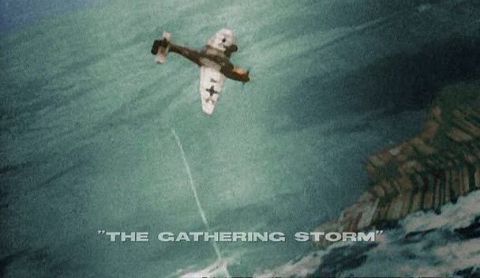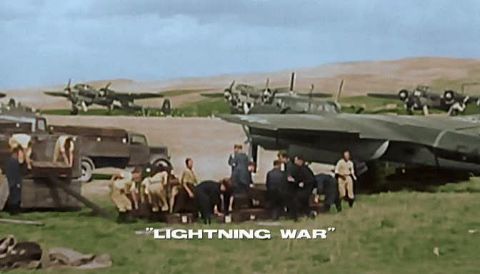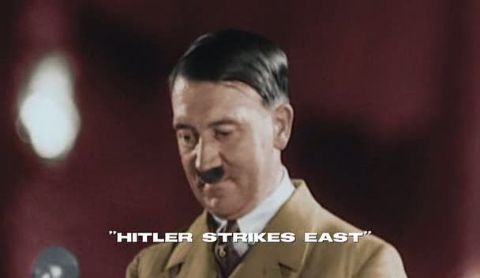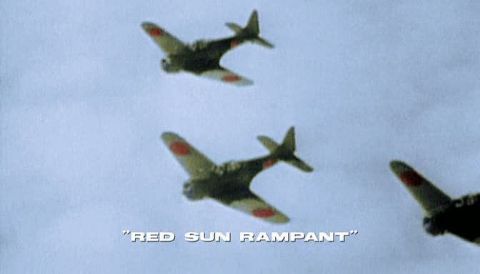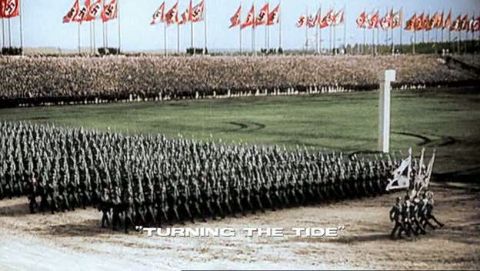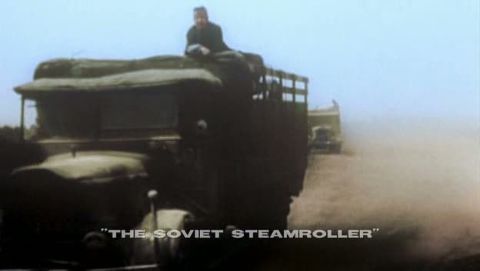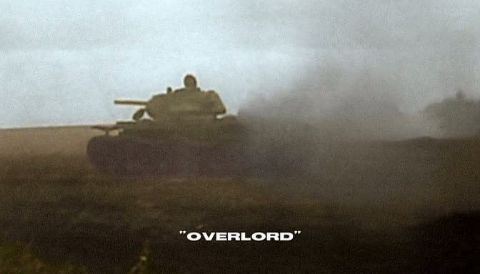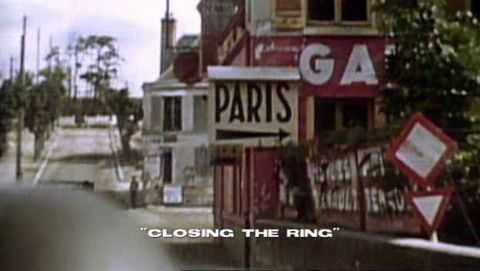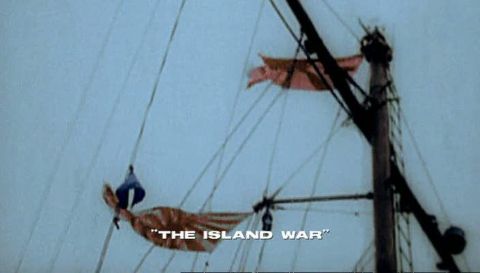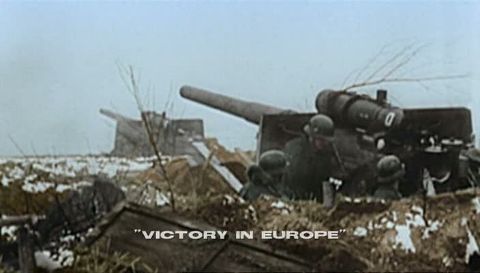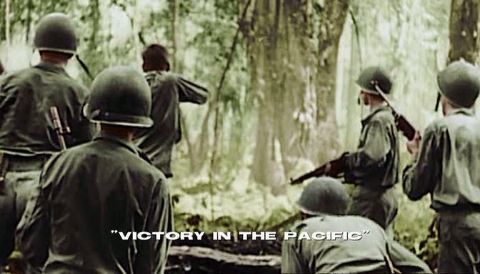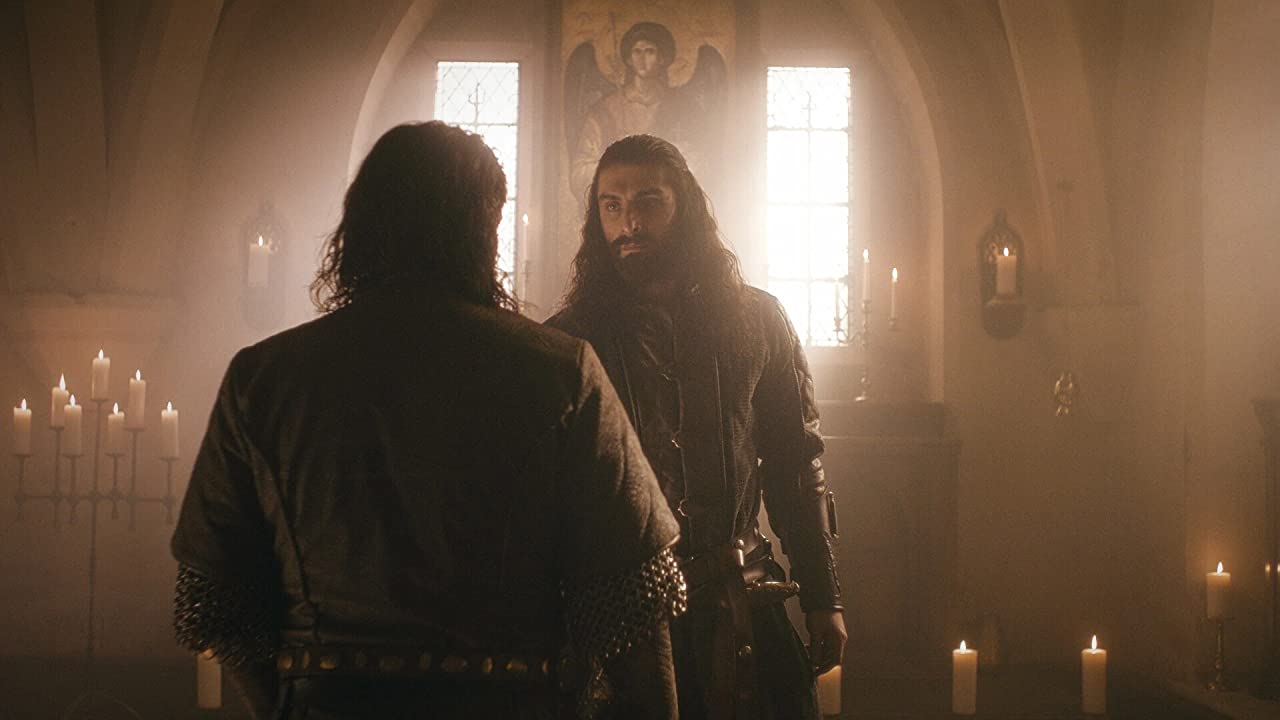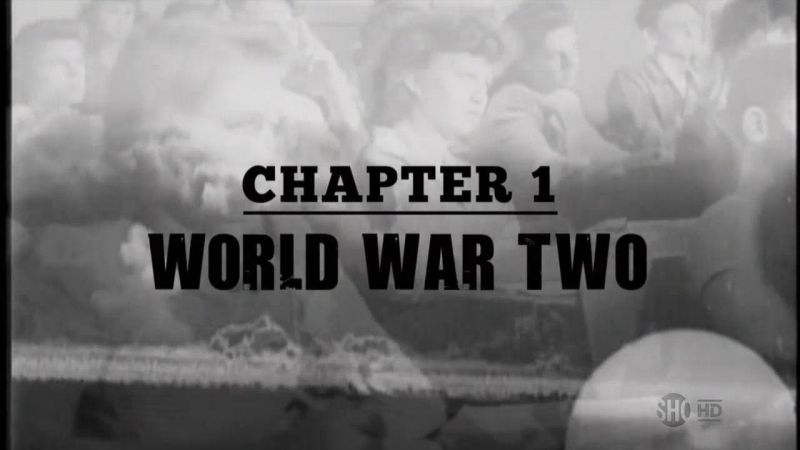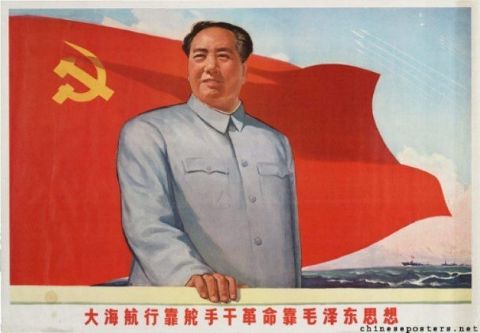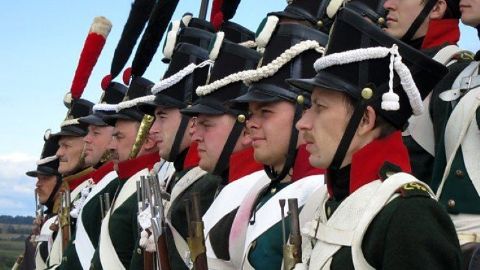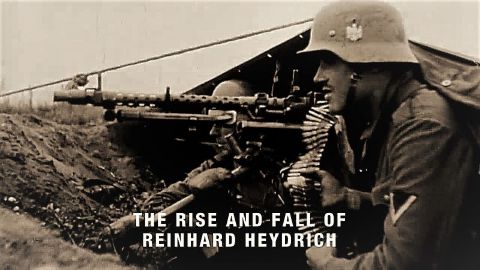Turning the Tide • 2009 • episode "7/13" • World War II In HD Colour
Both the Allies and the Nazis were always looking for a single knock-out blow to end the war. Britain's Sir Arthur "Bomber" Harris thought the answer might lie in "strategic bombing." The idea was to blow the belt out of Germany's infrastructure and cities. This, he argued, would cripple the Nazis ability to wage a war and the ordinary people would soon lose the will to fight. But it led directly to the tragedy of Dresden, when Allied planes firebombed tens of thousands of ordinary Germans. The Germans believed that the decisive stranglehold would come from their submarines. If they could only cut American supply lines to Britain across the Atlantic, then the Allied effort would collapse. So begun a long game of cat and mouse between U-Boats and British and American convoys.
Make a donation
Buy a brother a hot coffee? Or a cold beer?
Hope you're finding these documentaries fascinating and eye-opening. It's just me, working hard behind the scenes to bring you this enriching content.
Running and maintaining a website like this takes time and resources. That's why I'm reaching out to you. If you appreciate what I do and would like to support my efforts, would you consider "buying me a coffee"?
Donation addresses
BTC: bc1q8ldskxh4x9qnddhcrgcun8rtvddeldm2a07r2v
ETH: 0x5CCAAA1afc5c5D814129d99277dDb5A979672116
With your donation through , you can show your appreciation and help me keep this project going. Every contribution, no matter how small, makes a significant impact. It goes directly towards covering server costs.
